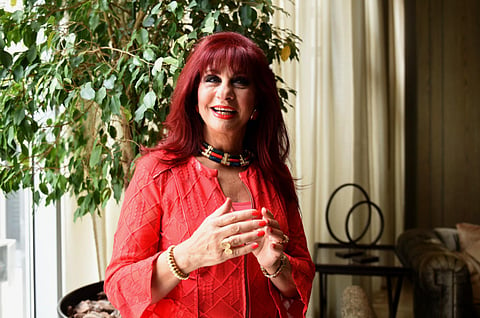Iftar and suhour — from private affair to social events
Iftar parties in the 1990s extend to suhour get-togethers

Abu Dhabi: When Gulizar Jonian first arrived in Abu Dhabi in 1976, iftar and suhour during Ramadan were more of a private affair.
“Emiratis and expats used to have iftar and suhour at their homes. There were not many hotels and other venues for social gatherings,” said Jonian, a Canadian of Armenian origin.
She said Ramadan was a low-key affair in the 1970s.
Jonian left the UAE in mid-1980s and when she came back in early 1990s, the changes were visible. Decorations started coming up on the streets during the holy month.
She started getting invitation to iftar from Emiratis and expatriates. When the number of guests started increasing, the hosts could no longer afford to do it at their homes. Then iftars moved to hotels that came up in the capital, which started facilitating social gatherings, said Jonian who is an architect and business consultant.
Many hotels started putting up Ramadan tents for iftar and guests started to have shisha [a water pipe for smoking flavoured tobacco]. “These all were something new those days!”
After a while, she started receiving invitation to suhour as well. “Back in the 1970s, families or close friends used to gather after iftar. Now, there are well-organised suhour [parties],” said the long-term resident who is also the chairperson of International Businesswomen’s Group [IBWG], based in the capital.
“Although I am a Christian, Ramadan is a busy month for me [with many iftar and suhour events]. I enjoy it very much.”
She always takes her friends who are newcomers to the UAE to iftar and suhour. “They are always surprised at the warm hospitality of Emiratis.”
Everyone talks about the generosity of Emiratis who offer food to workers across the country during Ramadan, she said.

